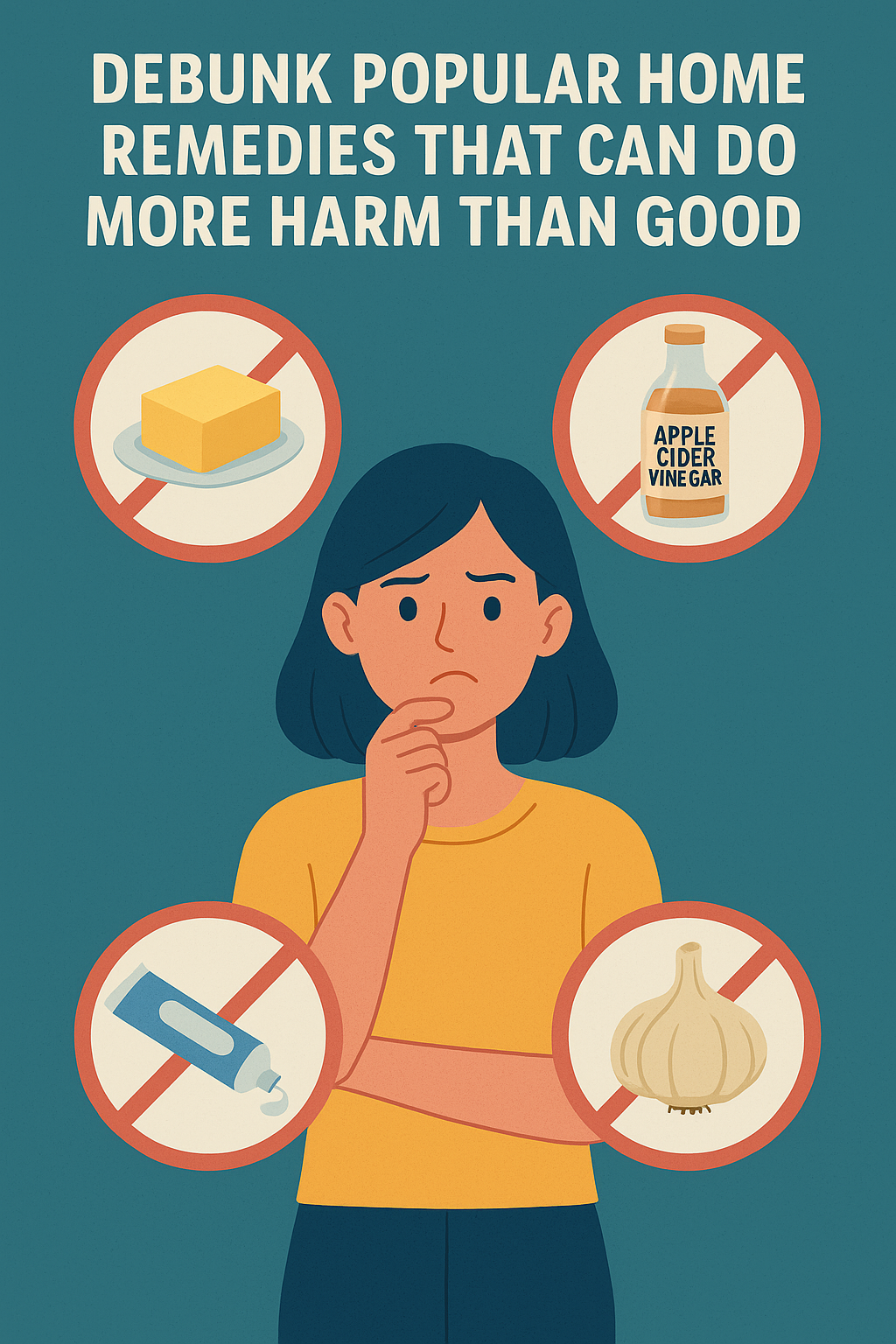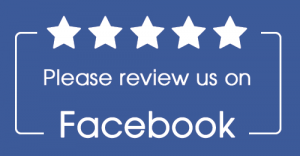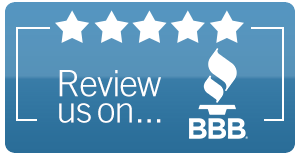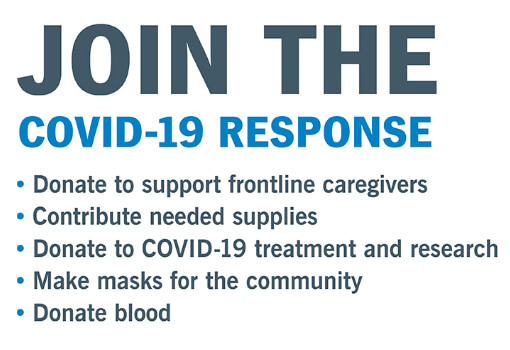- Serving Our NJ Neighbors 24/7 (888) 333-2422
The Problem with DIY Health Advice: Why Not All Home Remedies Are Safe

In today’s digital age, it’s easier than ever to find quick-fix solutions for almost anything—including your health. From viral TikTok hacks to age-old folk remedies passed down from grandparents, there’s no shortage of home remedies being recommended as “natural” alternatives to medicine. But here’s the reality: just because something is “natural” doesn’t mean it’s safe or effective. In fact, many popular home remedies can cause real harm when misused. One common example is using butter on burns. This old-school trick is still widespread, but applying butter can trap heat inside the skin, slow healing, and increase the risk of infection. Medical professionals instead recommend rinsing burns with cool (not cold) water and covering them with a sterile bandage.
Another widely believed myth is the idea that swallowing large amounts of apple cider vinegar daily will magically detox your body and melt fat. While apple cider vinegar has some mild benefits in small amounts, excessive use can erode tooth enamel, irritate your throat, and even interfere with medications. People with acid reflux or digestive issues may find that it worsens their symptoms. It’s a classic case of “more is not better”—and without the guidance of a healthcare professional, these remedies can backfire. As convenient as home remedies may seem, it’s essential to remember that your body is complex, and not every problem has a quick kitchen-based cure.
Dangerous Kitchen Cures: What to Avoid and Why
Your kitchen may be full of natural ingredients, but not all of them belong in your medicine cabinet. Garlic, for example, is often praised for its antibacterial properties, leading people to apply it directly to wounds or acne. However, raw garlic is highly acidic and can cause skin burns, irritation, and even blisters. The same goes for using toothpaste on pimples—a “hack” that continues to circulate online. Toothpaste contains whitening agents and strong chemicals that were never intended for use on facial skin. Instead of treating acne, it can make inflammation and dryness worse, leading to more breakouts over time.
Another potentially dangerous practice is using hydrogen peroxide or rubbing alcohol on deep cuts or wounds. While these substances do have antiseptic properties, they’re far too harsh for open wounds and can actually damage healthy tissue, delay healing, and increase scarring. A better alternative? Clean the wound with gentle soap and water, then apply an antibiotic ointment and a clean bandage. Even essential oils, often thought of as gentle and therapeutic, can be problematic when applied directly to the skin without dilution. Tea tree oil, for instance, can trigger allergic reactions or chemical burns in some individuals, especially when used “neat” (undiluted). These examples show that well-meaning home care can sometimes do more harm than good when the science isn’t behind it.
When to Trust the Experts: Safe Alternatives to Harmful Remedies
Understanding the risks of common home remedies doesn’t mean you have to abandon all natural care—just that it should be done with caution and informed decision-making. The best rule of thumb? If it sounds too good to be true, or if it hasn’t been supported by scientific research, it’s probably not something you should try on your own. For example, honey does have proven antibacterial properties and is safe for minor wounds—but it must be medical-grade honey, not the sugary version on your toast. Similarly, drinking herbal teas like chamomile or ginger can offer mild relief for nausea or sleep issues, but they’re not a substitute for medical treatment when symptoms are severe or chronic.
Whenever you’re dealing with a health concern—whether it’s a burn, cold, acne breakout, or sore throat—it’s always best to check with a licensed healthcare provider. Pharmacists, doctors, and even dermatologists can provide you with safe, effective, and affordable alternatives to questionable home hacks. Keep in mind that the line between “natural remedy” and “unsafe practice” can be thin, especially when it’s based on anecdotal evidence or social media trends. Instead of taking chances with your health, educate yourself on evidence-based practices and use home remedies as supportive care—not replacements for proper medical attention. By avoiding harmful myths and trusting expert guidance, you can take better care of your health without the risks.





